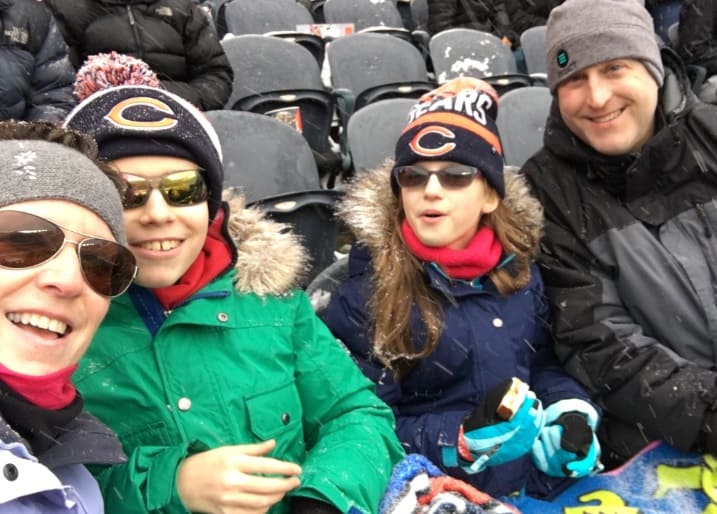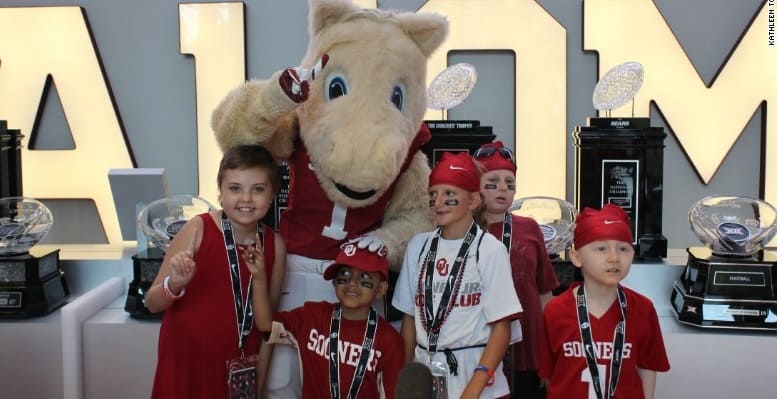Denver resident Dan Davis had absolutely no idea what he was going to do for a project in Landmark Education’s Self-Expression and Leadership Program. Then his wife told him “You love racquetball. Do something with that.” A few months later, Davis had created America’s newest sport: Wacquetball. The invention of the sport was featured on ABC News:
Davis, who is 66 years old, didn’t grow up as a sports fanatic.
“I grew up on a cattle farm. I didn’t play any sports at all. Then about when I turned 45, I started to get out of shape, and I thought it was time to take up some kind of exercise. Lifting weights or jogging or playing other sports didn’t appeal to me. Then I saw racquetball. It seemed fun and easy, so I tried it out. Well, I was half right,” says Davis, laughing.
Davis worked hard at the game, and after a while he became good enough to be an instructor. He especially enjoys teaching young people — He coaches a number of young people who participate in the Racquetball Junior Nationals, which Colorardo did extremely well in last year. While watching young kids aged 4-6 struggle to play the game, it struck him: Why not do something that slows the game down and allows them to participate?
Wacquetball was born out of this question. It uses a “two bounce” rule so players have more time to get to the ball. But the truly unique aspect of the game is the ball which is made of foam and is larger than a traditional raquetball. It also bounces slower. The game has been received enthusiastically in racquetball clubs around Colorado. It has proven to be great for seniors, young kids, the handicapped or developmentally disabled or just new players starting to learn the game. Some players then move on to regular racquetball.
Davis has big plans for the sport. He has a contract with a major sporting goods company to get the balls made, and orders are flowing in fast. When he goes to the Junior Nationals in California this summer, he hopes to spread the word. He laments that in some places racquetball hasn’t been kept alive at the grass roots level and some clubs have closed. Having Wacquetball around will allow seniors to play during the day, while active working folk will continue to play regular racquetball in the mornings and evenings, thus allowing clubs to be more profitable and hopefully grow both sports.
To get more information, contact Davis directly at [email protected] or go to his nascnet website at www.wacquetball.com.


